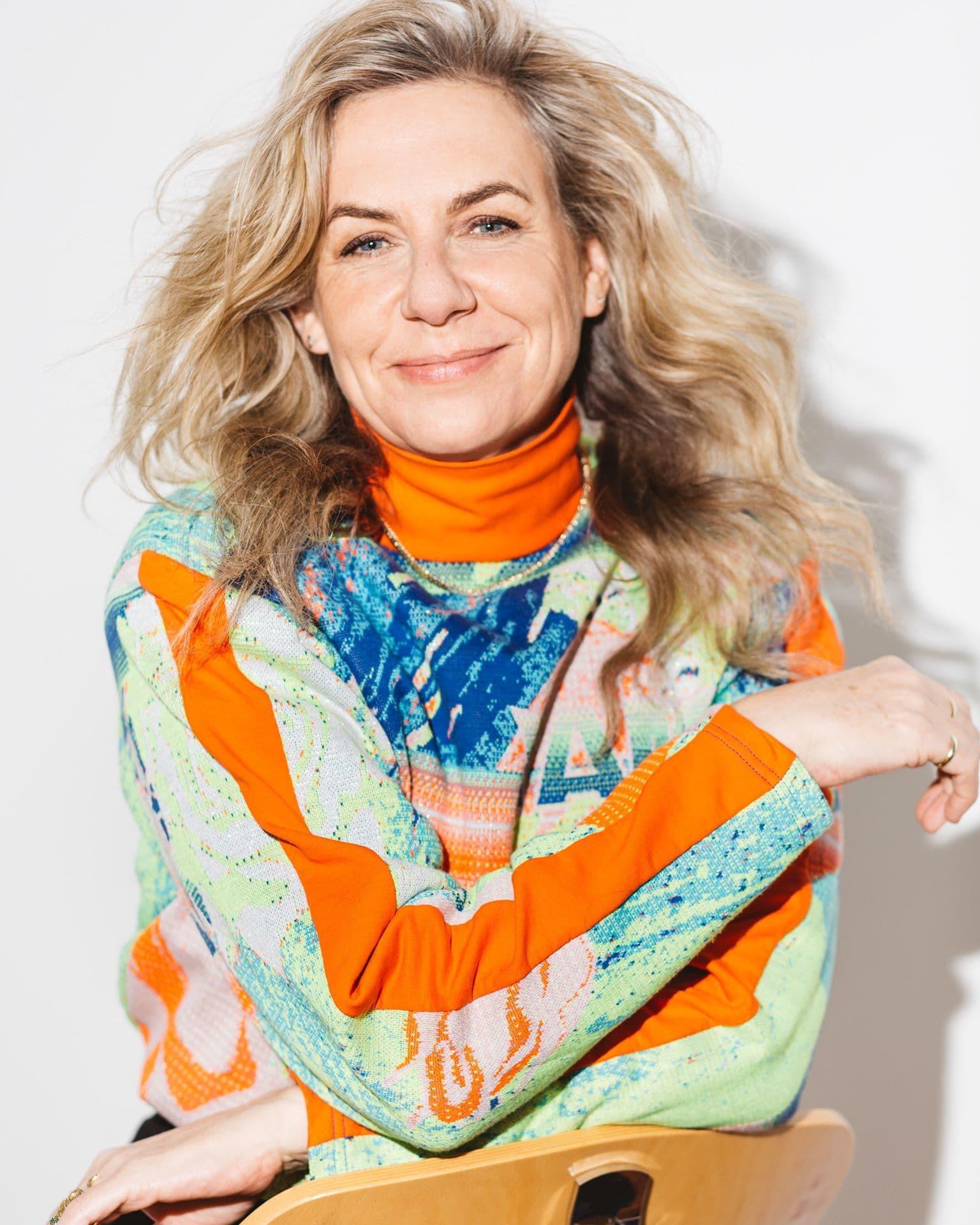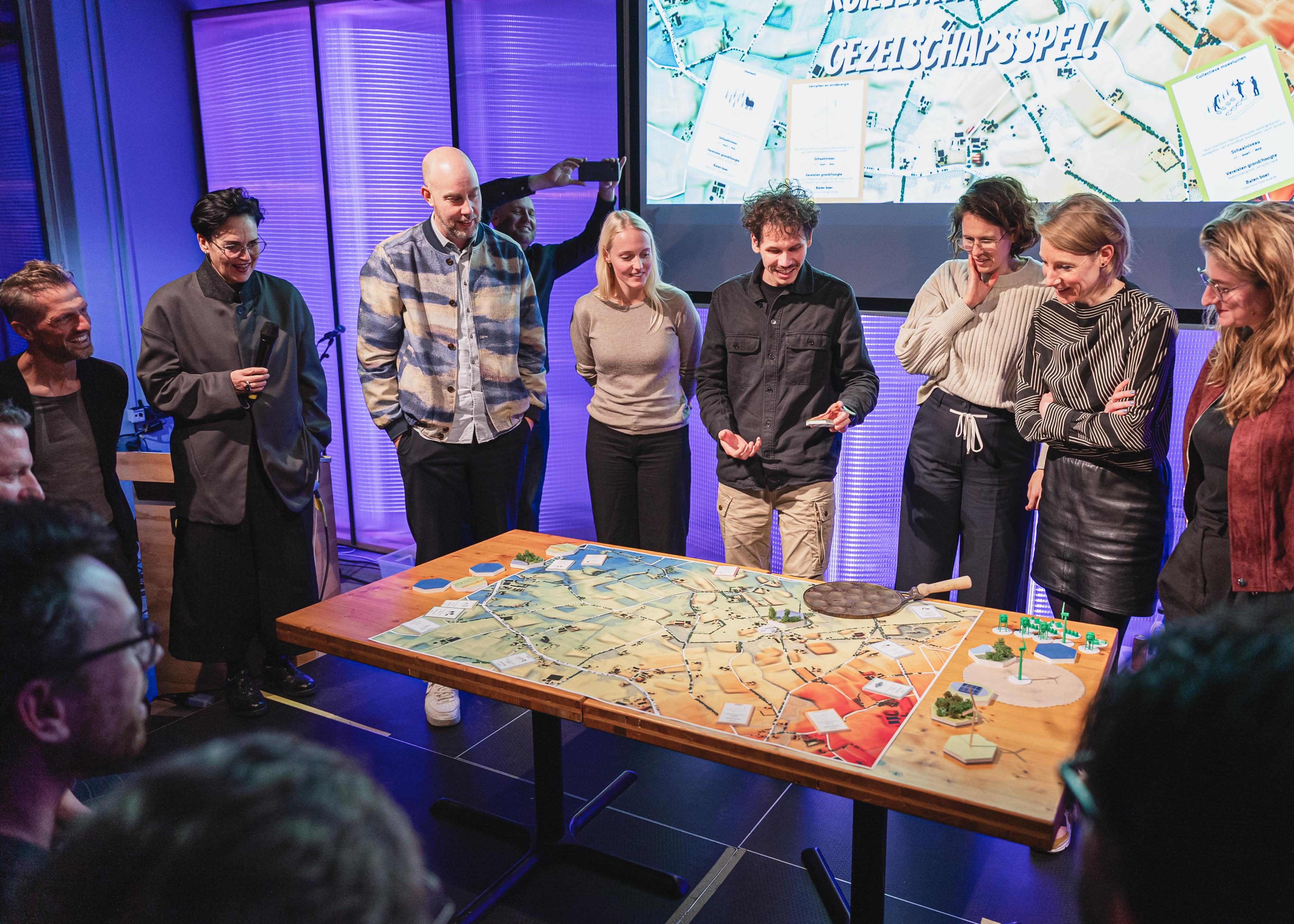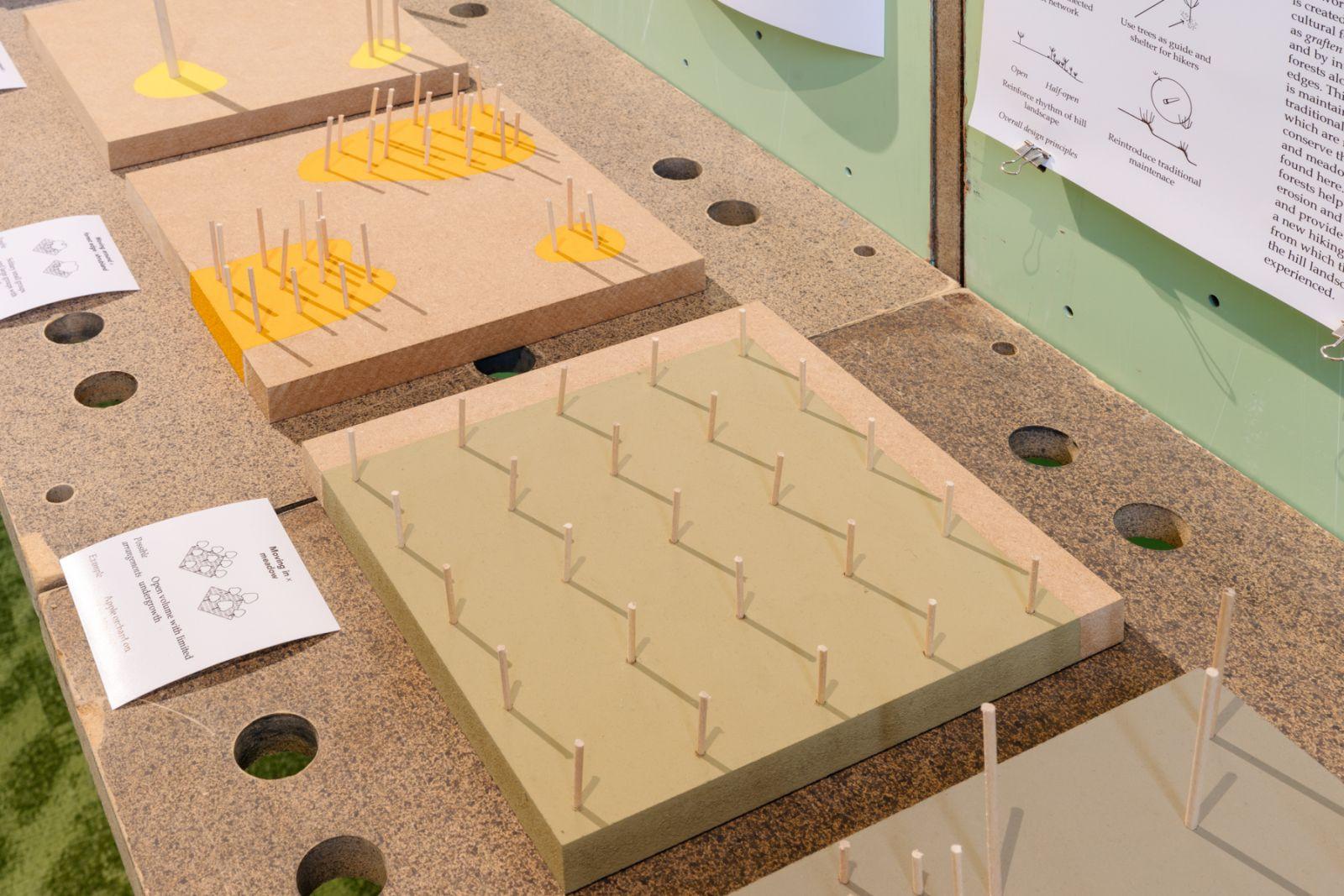Systemic interventions are essential to accelerate the transition towards a built environment that stores carbon. What is the potential impact of assigning monetary value to construction stored carbon? The 14th Carbon Stories edition explores this question in a debate with Sacha Brons (Climate Cleanup), Nina van der Giessen (Rabobank) and Onno Dwars (Ballast Nedam Development).
The Dutch construction sector is responsible for 39% of CO2 emissions. The materials we choose to build with will have a lasting effect on future generations. By using biobased materials, we can create a healthy built environment that stores carbon.
Construction Stored Carbon (CSC) is a systemic intervention that creates conditions for the regenerative use of these biobased construction materials. This financial metric for carbon storage in the built environment allows construction stakeholders to easily quantify their Construction Stored Carbon.
What is the potential volume and value of CSC for the Dutch sector? Which parties (public, private) are willing to pay for this value? How do we make sure those parties do not use CSC as an alibi to continue their own dirty business model? What steps need to be taken to establish a well functional CSC market of scale? These questions will be addressed in the debate ‘The Value of Carbon’.
Speakers
Sacha Brons (Intervention Lead for Construction Stored Carbon at Climate Cleanup)
Sacha is one of the drivers of bringing the value of biogenic Storage into financial models. Co-initiator of Dutch Carbon Credits specifically for the construction stored carbon, defining the requirements and conditions in which Carbon Credits can act as a true accelerator of agricultural and construction sector transition, rather than an alibi for the prolongation of defunct business- and production models.
Nina van der Giessen (Carbon Lead and Biobased Lead Rabobank)
Nina strives for a CO2 positive agricultural- and construction sector, making them future proof sectors that enrich the environment instead of depleting it. Keywords: growing fibres, biobased materials AND carbon credits. Biobased resources like flax, hemp and wood are gaining popularity but unfortunately they do not yet provide sufficient income from farmers. Nina sees Carbon Credits as a transition tool to improve this situation in the short term.
(Nina studied at the University of Amsterdam, Salzburg University and Free University Brussels. She was in the list of top 50 women in sustainable finance (2022) and ‘sustainable young 100’ (2021). Before Rabobank she worked with sustainable agriculture initiative ‘Aardpeer, samen voor grond’.)
Onno Dwars (CEO Ballast Nedam Development)
As CEO of Ballast Nedam Development Onno pushes boundaries to make the world a better place for both humans and nature. The moral compass is leading in everything the team seeks to accomplish. Urban Development goes far beyond real estate development, we are developing the environment of the future. It is all about holistically designing environments in which people ultimately can live longer, happier and healthier lives. This is why Ballast Nedam Development is adding value for present and future generations.
The debate will be moderated by Geert Maarse. This event is English spoken.
Book your free ticket here.
Carbon Stories is an initiative of GROUP A | CARBONLAB, International Architecture Biennale Rotterdam and KeileCollectief.
Carbon Stories. Photo: Jacqueline Fuijkshot



